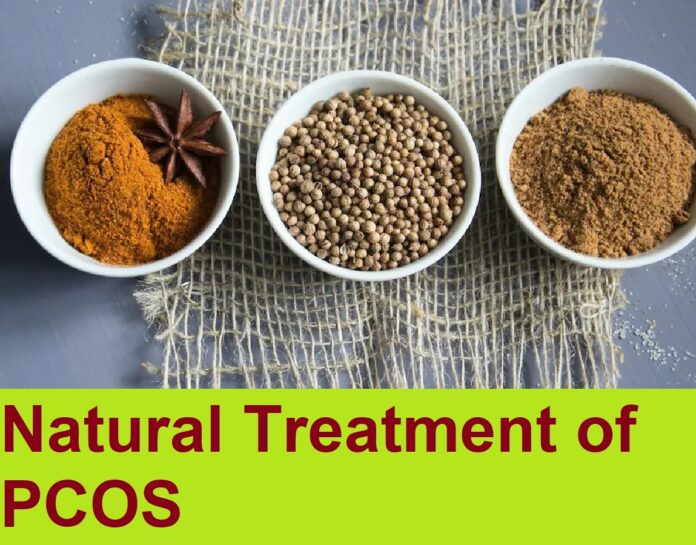Turmeric, Ashoka, Kanchanar, and Many Indigenous Botanicals That Could Help in Managing PCOS: The Enigma of PCOS Unraveled. You may decide to include these with the advice of professionals.
From youth to older women, PCOS affects them all. It has long been the most common health issue among women. Symptoms of this illness include hormonal abnormalities, irregular menstruation, and problems with insulin sensitivity. The potential of Ayurvedic components is included in the fight against this condition, in addition to allopathic treatments. A total of 49 Ayurvedic plants have been identified as potential PCOS management aids. It is highly advised to see a physician before include these Ayurvedic components in your diet. Some of these Ayurvedic botanicals may help manage PCOS, according to Dr. Aarti Patil, co-founder of Gynoveda and an authority in Ayurvedic women’s health, who was interviewed. Let’s explore these plants further.
Kanchanar (Bauhinia variegata)
Pitta and kapha imbalances are both helped by kanchanar. It has demonstrated efficacy in a number of ailments, including wounds, thyroid problems, and skin disorders. The dried blossoms of this plant are useful for white discharge, coughing, and may be helpful for PCOS.
Ashoka (Saraca indica)
Another plant traditionally used in Indian culture to cure various health issues is ashoka. Its flavor is harsh and cooling. Along with addressing difficulties including severe bleeding and private area disorders, it has been reported to be helpful in PCOS.
The Chitrak (Chitrak)
In accordance with Patanjali, the Chitrak plant’s leaves and roots are among the portions that are used to cure conditions involving the suppression of kapha, managing weight, enhancing metabolism, and improving digestion. According to experts, sluggish metabolism is one of the main symptoms of PCOS, and the drug Chitrak may help with this.
The name Shilajit
Shilajit is one of the most recognizable names when it comes to Indian botanicals. Due to its characteristics, it can be used to treat a variety of conditions, including kapha, fat, sugar, kidney stones, urinary difficulties, asthma, epilepsy, inflammation, skin disorders, and more. It may be able to reduce PCOS symptoms.
The spice turmeric
The antibacterial and anti-inflammatory qualities of turmeric are impressive. It has a substance called curcumin, which helps control PCOS-related weight gain and control menstrual cycles.
These Ayurvedic botanicals provide some promise in the search to understand the secrets of PCOS. They stand for a comprehensive strategy for treating a problem that has baffled and distressed many. It’s crucial to remember that adding these botanicals into your regimen should be done with the help of a qualified professional.


